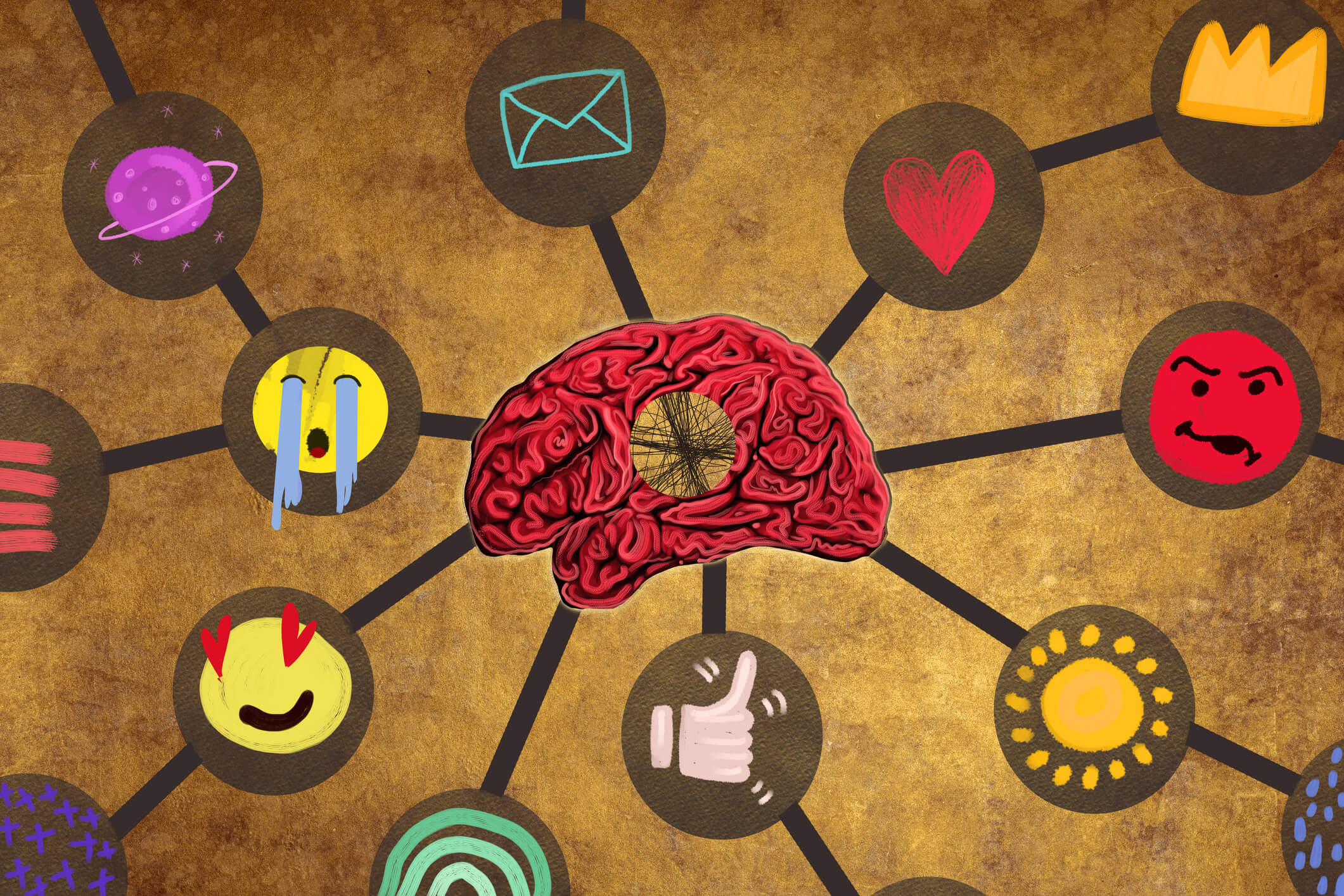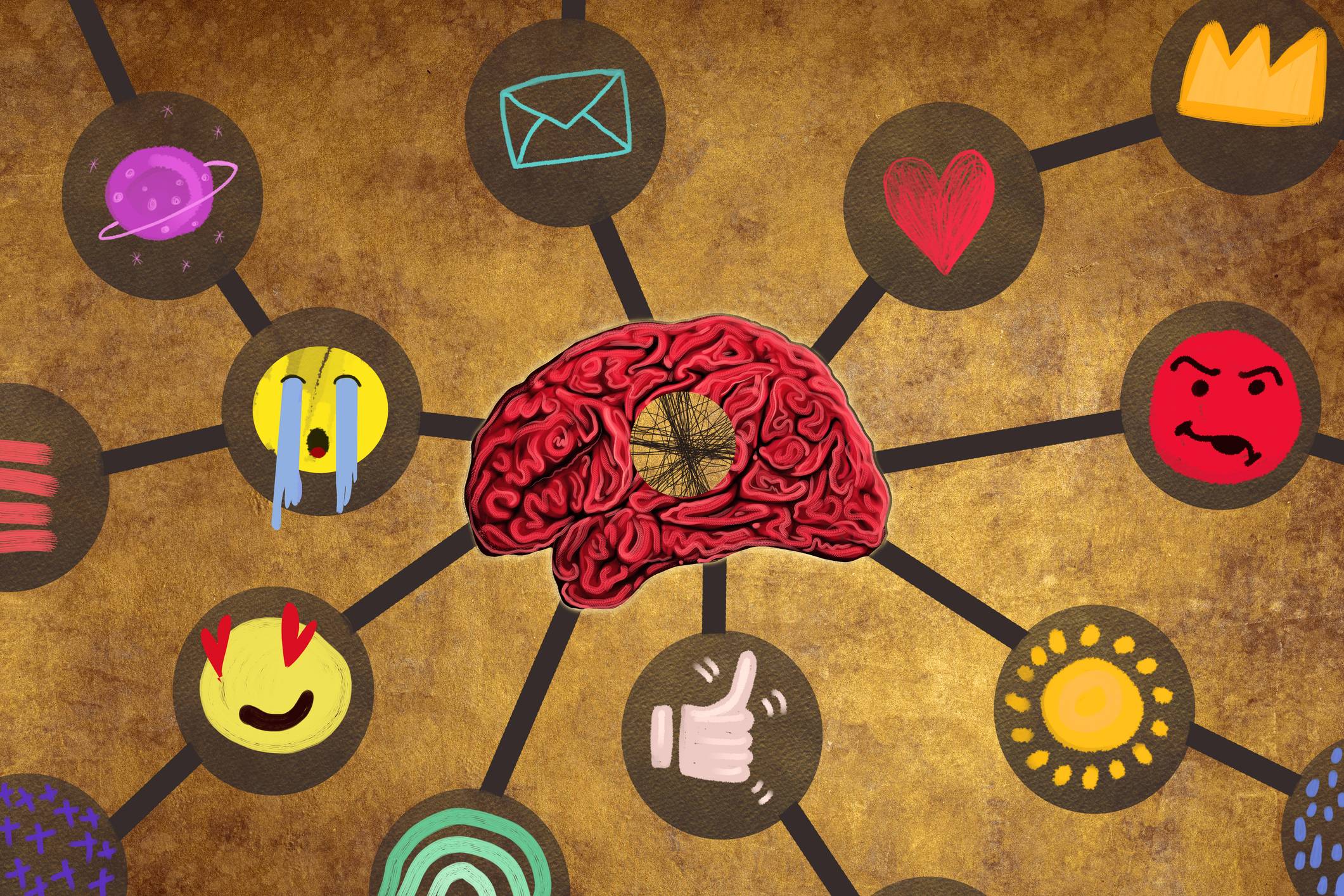
Emotional intelligence (EI) is the ability to understand, manage, and effectively express one’s own feelings and engage and navigate successfully with others’ emotions. Developing strong emotional intelligence is crucial for personal growth, improving relationships, and achieving success in various aspects of life. Here, we will explore key habits for cultivating emotional intelligence.
1. Self-Awareness
Self-awareness is the foundation of emotional intelligence. It involves recognizing your emotions and understanding how they affect your thoughts and behavior.
Practice mindfulness: Spend a few minutes daily in quiet reflection or meditation. The practice will help you become more aware of your emotional state and triggers.
Keep a journal: Write about your daily experiences and emotions. This practice can help you identify patterns and gain insights into your emotional responses.
2. Self-Regulation
Once you know your emotions, the next step is to learn how to manage them effectively.
Pause before reacting: Take a moment to breathe and think before responding to a situation, especially in stressful or emotional circumstances.
Develop coping strategies: Identify techniques that help you calm down, such as deep breathing, counting to ten, or taking a walk.
3. Motivation
Self-motivation is about being driven to achieve goals for personal reasons rather than external rewards. It involves setting and working towards individual goals with passion and persistence.
Set clear goals: Define what you want to achieve in different areas of your life and break these goals down into manageable steps.
Celebrate small wins: Recognize and celebrate your progress along the way. This will keep you motivated and reinforce positive behavior.
4. Empathy
Empathy is the ability to understand and share others’ feelings. It is a critical component of emotional intelligence and enhances relationships and social connections.
Active listening: Focus on what the other person is saying without interrupting. Show that you are listening by nodding, maintaining eye contact, and responding appropriately.
Put yourself in others’ shoes: Try to understand situations from other people’s perspectives. This helps in building stronger, more empathetic relationships.
5. Social Skills
Social solid skills involve interacting well with others, building strong relationships, and managing social situations effectively.
Improve communication: Practice clear and effective communication. Be mindful of your body language, tone of voice, and choice of words.
Build rapport: Take the time to build genuine connections with others. Show interest in their lives and experiences.
6. Reflect and Learn
Continuous reflection and learning from experiences are vital for developing emotional intelligence.
Reflect on interactions: After social interactions, take some time to think about what went well and what could have been handled better.
Seek feedback: Ask for constructive feedback from others about your behavior and interactions. Use this feedback to improve your emotional intelligence.
Conclusion
Developing emotional intelligence is an ongoing process that requires dedication and practice. By cultivating these habits—self-awareness, self-regulation, motivation, empathy, social skills, and reflection—you can enhance your emotional intelligence, leading to improved relationships, better decision-making, and more tremendous personal and professional success. Start incorporating these habits into your daily life and witness their positive impact on your emotional well-being and overall life satisfaction.
Recent Post
 Positive Attitude Examples: Transforming Work, School, and Life
Positive Attitude Examples: Transforming Work, School, and Life Top 10 Leadership Development Books: Essential Reads for Aspiring and Established Leaders
Top 10 Leadership Development Books: Essential Reads for Aspiring and Established Leaders Smart Goals Examples for Students: A Practical Guide to Academic and Personal Success
Smart Goals Examples for Students: A Practical Guide to Academic and Personal Success Social Issues Examples: Understanding the Challenges Shaping Our World
Social Issues Examples: Understanding the Challenges Shaping Our World Mastering Interpersonal Skills: The Key to Professional and Personal Success
Mastering Interpersonal Skills: The Key to Professional and Personal Success
